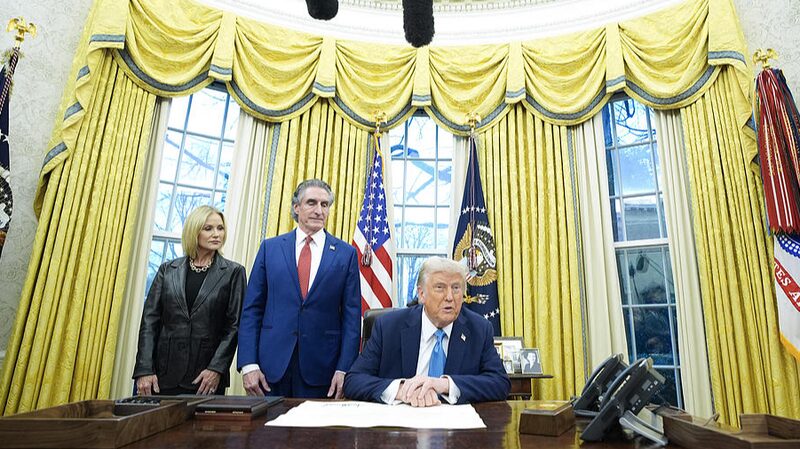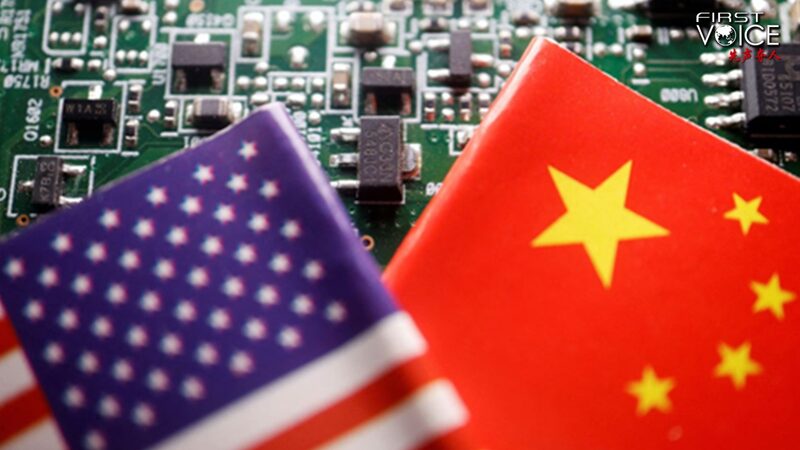On March 29, the U.S. Department of Commerce announced revisions to semiconductor export control rules initially introduced in October 2022, signaling further restrictions on high-tech exports to China. The updated regulations, set to take effect on April 4, specifically target advanced artificial intelligence (AI) chips and semiconductor manufacturing equipment, highlighting a strategic move to maintain the U.S.’s technological dominance on the global stage.
These heightened controls reflect the United States’ determination to prevent potential challenges to its technological supremacy. By limiting the export of sophisticated semiconductors to China, the U.S. aims to curb advancements in critical sectors. However, this policy also impacts major semiconductor companies like Intel, Nvidia, and Qualcomm, which have significant market shares in China.
For companies such as ASML, a Dutch firm leading in semiconductor lithography, the U.S. restrictions complicate the export of their extreme ultraviolet lithography machines, essential for advanced chip manufacturing. Similarly, American companies like Applied Materials and Lam Research may face hurdles accessing China’s growing semiconductor industry, previously a significant source of revenue.
The policy adjustments not only influence China and the U.S. but also create ripple effects throughout the global semiconductor supply chain. Existing networks could face disruptions, leading to potential bottlenecks and increased costs. Multinational corporations such as Taiwan Semiconductor Manufacturing Company (TSMC) and Samsung, while not directly targeted by the U.S. restrictions, could experience spillover effects due to changes in global demand patterns and potential realignments of supply arrangements.
Consumers worldwide might also feel the impact of these controls. The potential segmentation of the global semiconductor market could lead to higher costs for electronics and slow down the rapid technological advancements that consumers have come to expect.
The U.S. measures are a double-edged sword. While designed to hinder China’s technological progress, they also affect American semiconductor firms by reducing their accessible markets. The immediate effects could include lowered sales forecasts and a slowdown in research and development programs vital for ongoing innovation in the semiconductor industry.
Reference(s):
U.S. tightens semiconductor export control, global industry disrupted
cgtn.com







